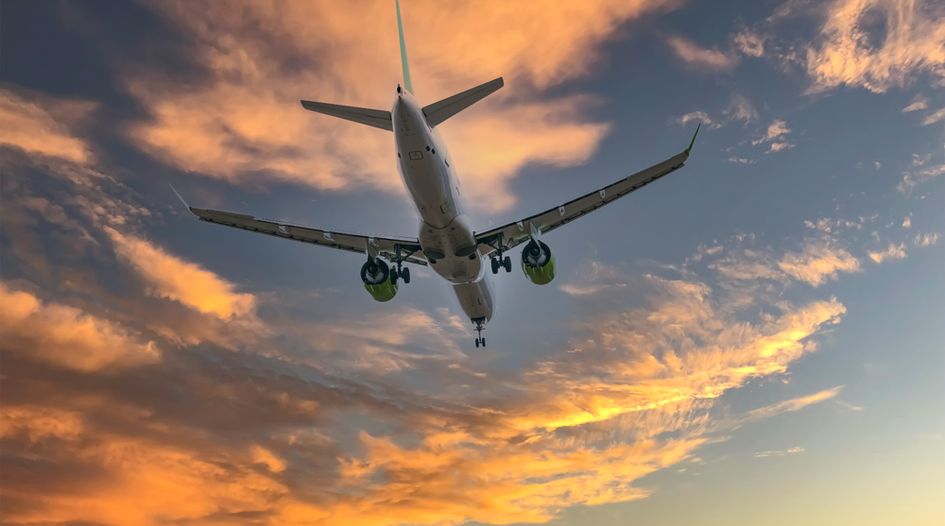Delhi High Court highlights key requirements for awarding trademarks with well-known status and protection

A well-known trademark is the jewel in a brand’s crown, representing a highly desirable gold standard of public recognition.
Until 2017, a mark could only be declared as well-known in India through contested court proceedings. However, an amendment to the country’s Trademarks Rules granted the registrar of trademarks the power – via Rule 124 – to declare a mark as well-known and include it in its official list of such marks.
The registrar can make such a determination upon receiving a request on the appropriate form and payment of 100,000 rupees.
The registrar’s power in this arena was the focus of a recent high-profile suit before the Delhi High Court: Tata SIA Airlines Limited v Union of India (WP (C)-IPD; 64/2021). This ruling provides critical clarity for IP rights holders looking to secure well-known status for their marks in the flourishing Indian market.
The registrar’s refusal
Vistara (Tata SIA Airlines) is a popular airline in India that has won several honours and received immense recognition in recent years.
In 2019, the company’s principal trademark was declared well-known by the Delhi High Court. However, Vistara’s subsequent request that the registrar include the mark in its list was refused.
Upon this refusal – which directed the airline to follow the process stipulated by the Trademark Rules – Vistara filed a writ of mandamus in an effort to get its mark added.
The dispute quickly garnered attention, leading a few IP associations (including INTA) to file amicus briefs.
Initial arguments
Vistara contended that it was not obligated to file a separate request with the registrar and pay a fee following the Delhi High Court granting the trademark with well-known status. The company argued that the registrar’s declaration is merely a formality and that its mark should suo moto be included in the List of Well-Known Trademarks – an argument supported by the amici curae briefs.
Conversely, the registrar claimed that it is always mandatory that an applicant files and pays for a request to place a mark on the list.
The Delhi High Court’s ruling
Upon hearing each argument, the Delhi High Court observed that both a court and the registrar can determine if a trademark is worthy of well-known status. It also ruled that if a court has already bestowed such a status on a trademark, the registrar is consequently obligated to include said mark on the list and cannot initiate a re-redetermination process.
This ruling lines up with an affidavit submitted by the registrar, which states that if a mark has received well-known status from a court, it will avoid re-examination. Instead, the court’s judgment is verified and the mark is to be added to the list.
The court further held that Trademark Rule 124 applies to the actions of determining whether a mark deserves well-known status and including it on the list.
Further, it noted that the section of the Trademark Rules that deals with the payment of fees for inclusion in the list, carefully uses the words “request for inclusion of a trademark”, and not the “determination” of a trademark. Therefore, the court observed that even if a mark has already been declared well-known by a court, it is mandatory for the applicant to pay the official fee required for its inclusion on the Well-Known List – which Vistara failed to do.
In dismissing the airline’s writ petition, the court concluded by again clarifying the registrar’s inability to review a court’s prior judgment of a mark’s well-known status and obligation to solely focus on procedural efforts, such as checking the judgment’s authenticity.
This decision is noteworthy in India and beyond because it provides much-needed clarity for IP rights holders looking to secure well-known status for their marks in the burgeoning Indian market.
WTR recommends
This is an Insight article, written by a selected partner as part of WTR's co-published content. Read more on Insight
Copyright © Law Business ResearchCompany Number: 03281866 VAT: GB 160 7529 10

